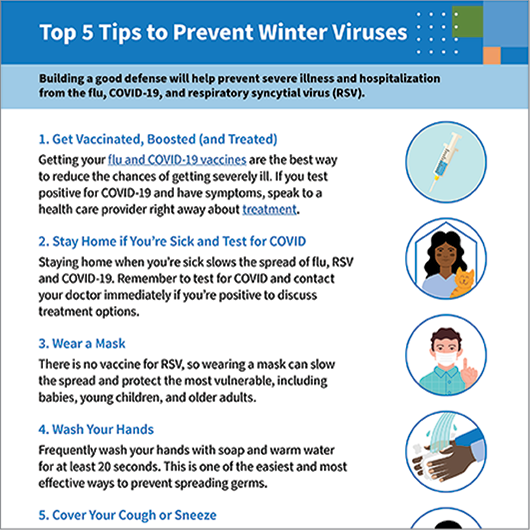

Introduction:
Maintaining optimal respiratory health is essential for overall well-being. In this article, we’ll explore practical respiratory health tips that you can incorporate into your daily routine, empowering you to breathe easy and support your lung function.
Prioritize Clean Air in Your Environment:
Ensuring the air you breathe is clean is a fundamental step in respiratory health. Regularly ventilate your living spaces, use air purifiers, and minimize exposure to pollutants. This proactive approach reduces the risk of respiratory irritants and supports lung function.
Cultivate Healthy Breathing Habits:
Practicing healthy breathing habits contributes significantly to respiratory well-being. Focus on diaphragmatic breathing, allowing your diaphragm to fully engage while inhaling and exhaling. This technique promotes efficient oxygen exchange and strengthens respiratory muscles.
Stay Active with Regular Exercise:
Engaging in regular exercise is beneficial for both cardiovascular and respiratory health. Cardio exercises, such as walking, jogging, or cycling, enhance lung capacity and improve overall respiratory efficiency. Aim for at least 150 minutes of moderate-intensity exercise each week.
Avoid Tobacco Smoke and Secondhand Smoke Exposure:
Tobacco smoke is a major contributor to respiratory issues. If you smoke, consider quitting, and avoid exposure to secondhand smoke. Smoking damages the lungs and increases the risk of respiratory diseases. Quitting smoking is one of the most impactful steps for respiratory health.
Stay Hydrated for Optimal Lung Function:
Proper hydration is crucial for maintaining optimal lung function. Drinking an adequate amount of water helps keep the mucosal lining of the respiratory tract moist, facilitating easier breathing. Aim to drink at least eight 8-ounce glasses of water daily.
Practice Good Posture for Lung Support:
Your posture can affect how efficiently you breathe. Maintain good posture to allow your lungs to expand fully. Sit and stand up straight, allowing your chest to open up, providing more space for your lungs to function. This simple adjustment contributes to better respiratory mechanics.
Consume a Balanced Diet for Respiratory Support:
Nutrition plays a significant role in respiratory health. Include foods rich in antioxidants, vitamins, and minerals in your diet. Fruits, vegetables, whole grains, and lean proteins provide essential nutrients that support lung function and protect against oxidative stress.
Manage Stress for Respiratory Well-Being:
Chronic stress can negatively impact respiratory health. Practice stress management techniques such as meditation, deep breathing exercises, or yoga to promote relaxation. Managing stress contributes to better overall lung function and respiratory comfort.
Be Mindful of Allergens and Respiratory Triggers:
Identify and minimize exposure to allergens and respiratory triggers in your environment. This may include pollen, dust, pet dander, or mold. Taking steps to reduce exposure can help prevent respiratory symptoms and improve overall lung health.
Respiratory Health Tips Today – Link to Acnerimedi.net:
For more comprehensive insights into respiratory health tips and a deeper understanding of how to support your lung function, visit Acnerimedi.net. Explore a variety of resources to enhance your respiratory well-being and promote a healthy and active lifestyle.
Conclusion:
Incorporating these respiratory health tips into your daily routine empowers you to take proactive steps toward optimal lung function. By prioritizing clean air, adopting healthy breathing habits, staying active, and making mindful lifestyle choices, you can breathe easy and support your respiratory health for years to come.







